📌 Kekhijvari — a village in Georgia, located in the Kareli Municipality of Shida Kartli.
It lies on the right bank of the Dzama River, at 670 meters above sea level, 6 km from Kareli and 5.7 km from Agara.
🏡 Kekhijvari is one of the oldest villages in the Dzama Gorge. About 800 meters to the south of the village are the remains of a feudal-era settlement — including the ruins of a church and other structures. On the old cemetery stands a late feudal chapel of St. George. On the left bank of the river lies an ancient kurgan site, which has not yet been archaeologically explored.
📜 The village is first mentioned in historical sources at the turn of the 14th–15th centuries. Initially, it belonged to the Orbodzeli family, and later came under the possession of the Tsitsishvili family. In 1467, in a royal charter issued by Constantine II of Kartli, the surnames of local residents — Methevezishvili and Mateshvili — are mentioned. Subsequent documents also reference local families, pointing to the village’s continuous history.
⚔ At the turn of the 18th–19th centuries, like many villages in the Dzama Gorge, Kekhijvari was abandoned due to raids by Lezghins. Its resettlement began in 1818. By 1830, the village already had 33 households (272 residents). Most of the settlers came from Kareli — many of them descendants of families originally displaced from this same village during earlier invasions.
⛪ Kekhijvari is home to a late feudal-era St. George’s Church, with the ruins of a feudal settlement and an ancient burial mound located nearby.
📌 Today, Kekhijvari is a village of significant historical and cultural value, preserving the traditional landscape of the Dzama Gorge.
📸 St. George’s Church and the ruins of the old settlement are remarkable cultural and tourist landmarks.

 ka
ka
 en
en
 ru
ru




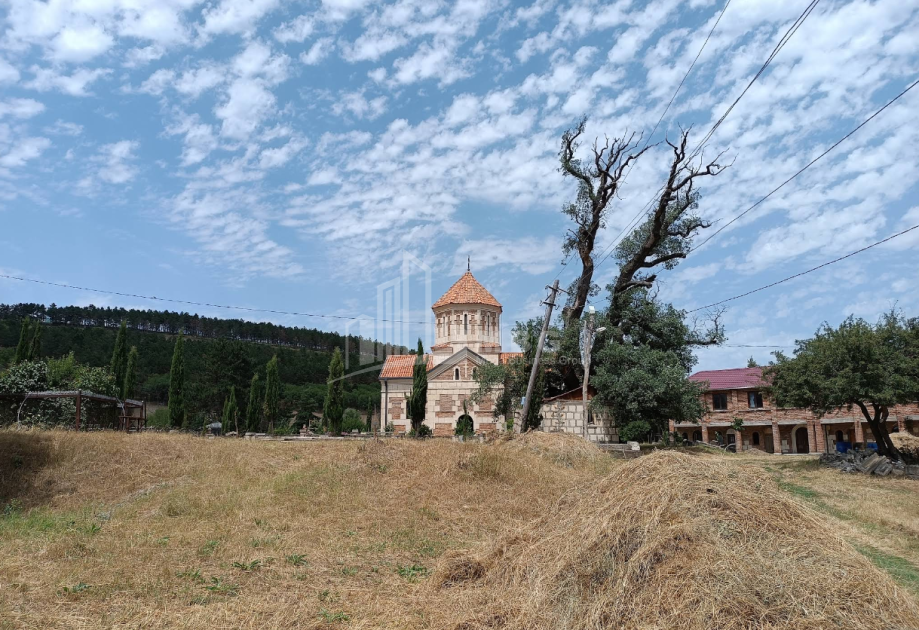
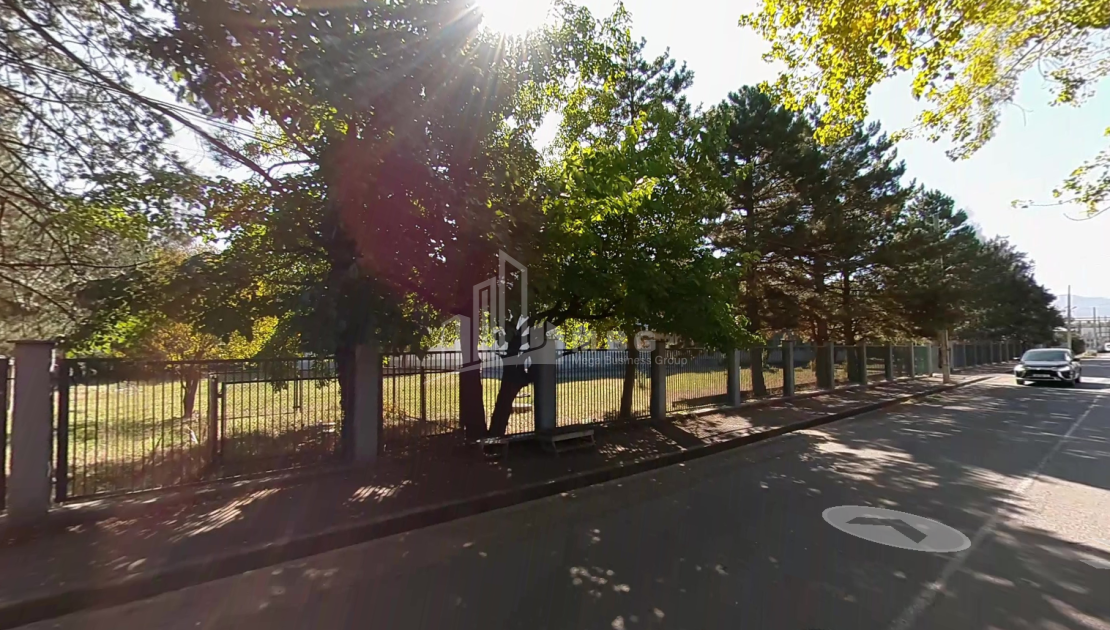
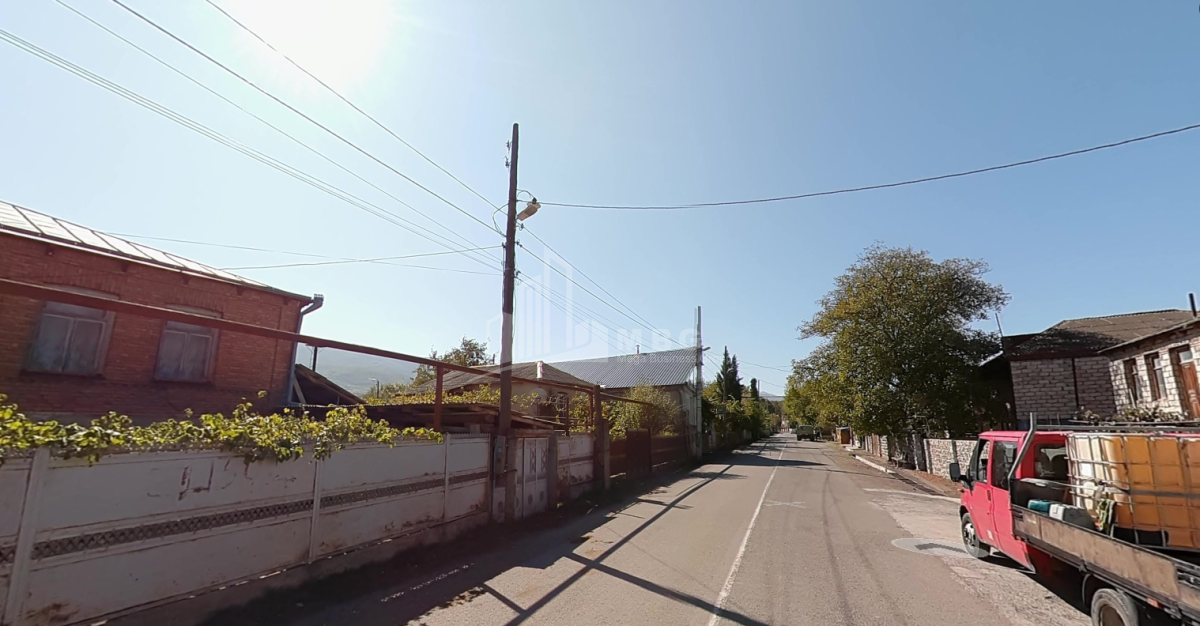
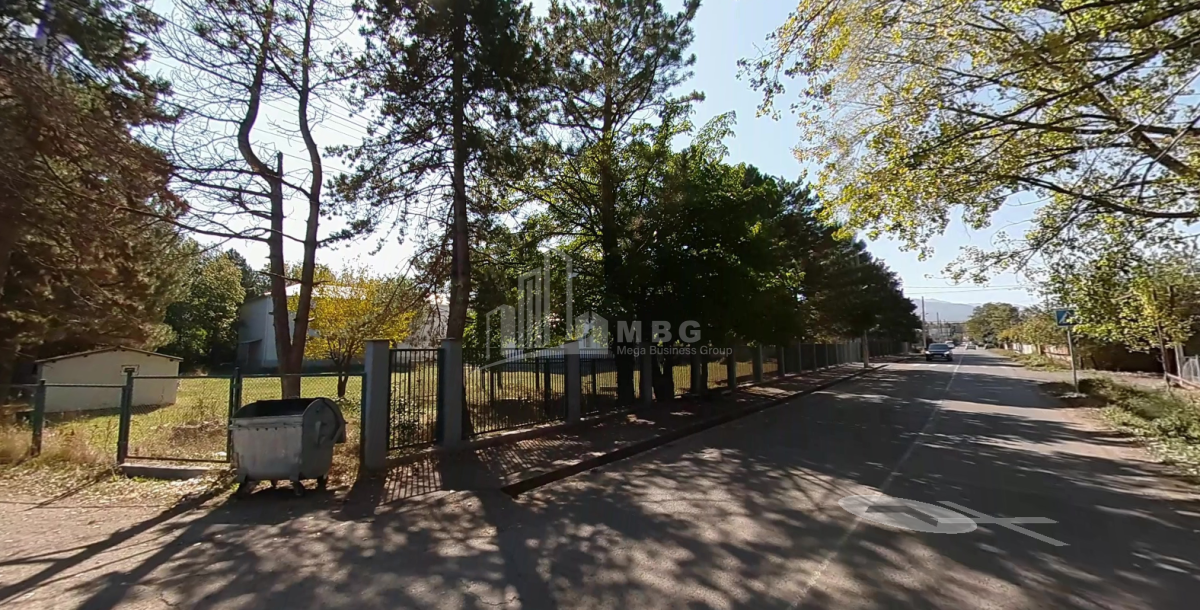
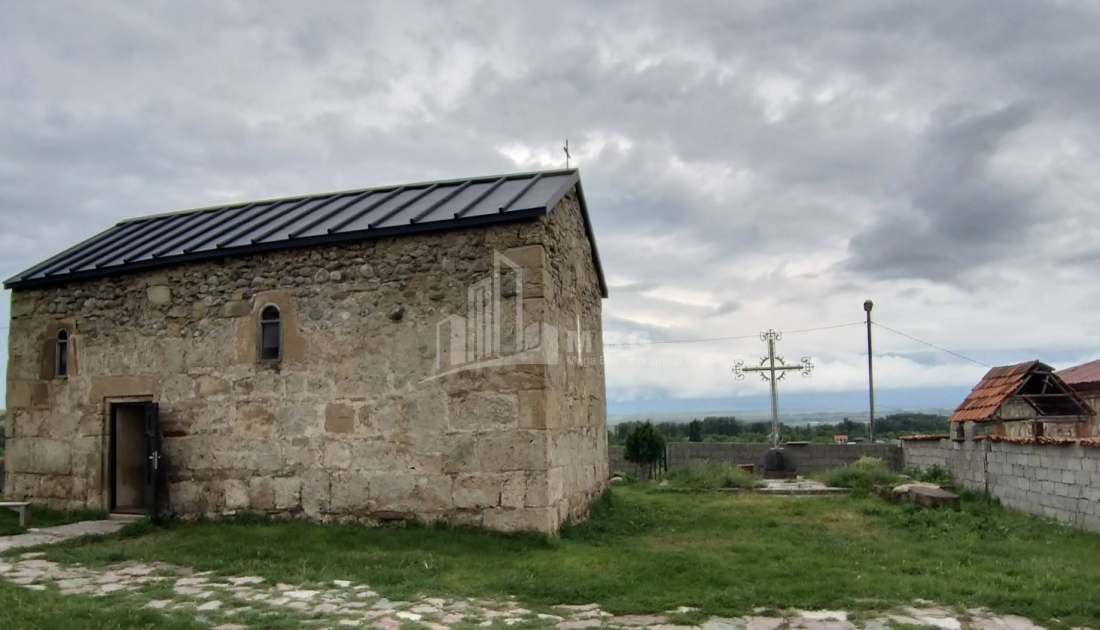
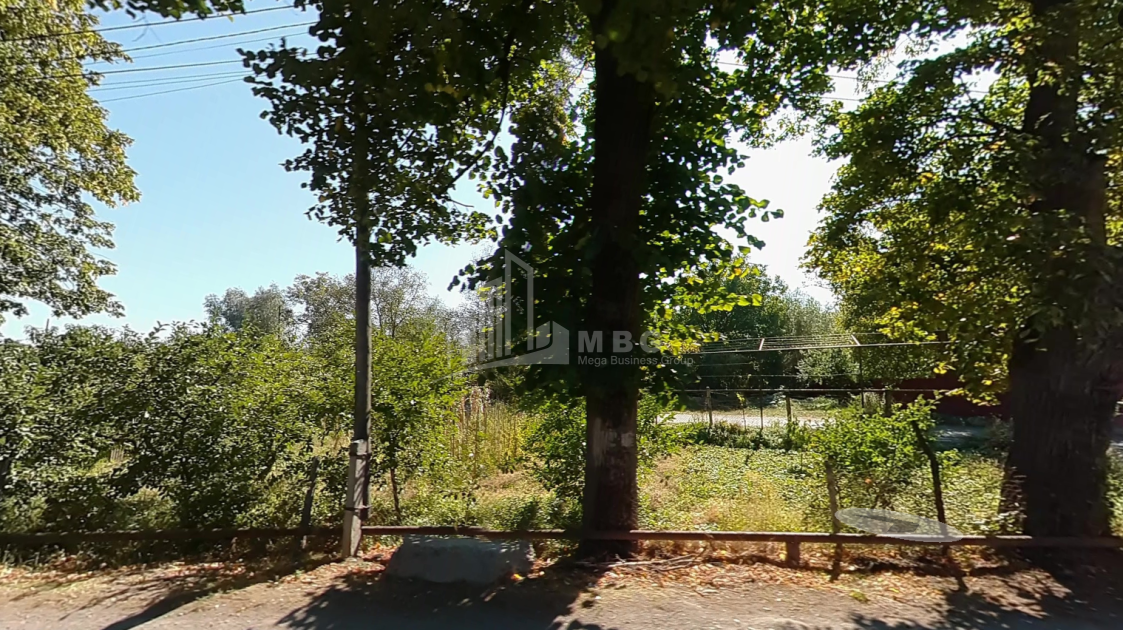
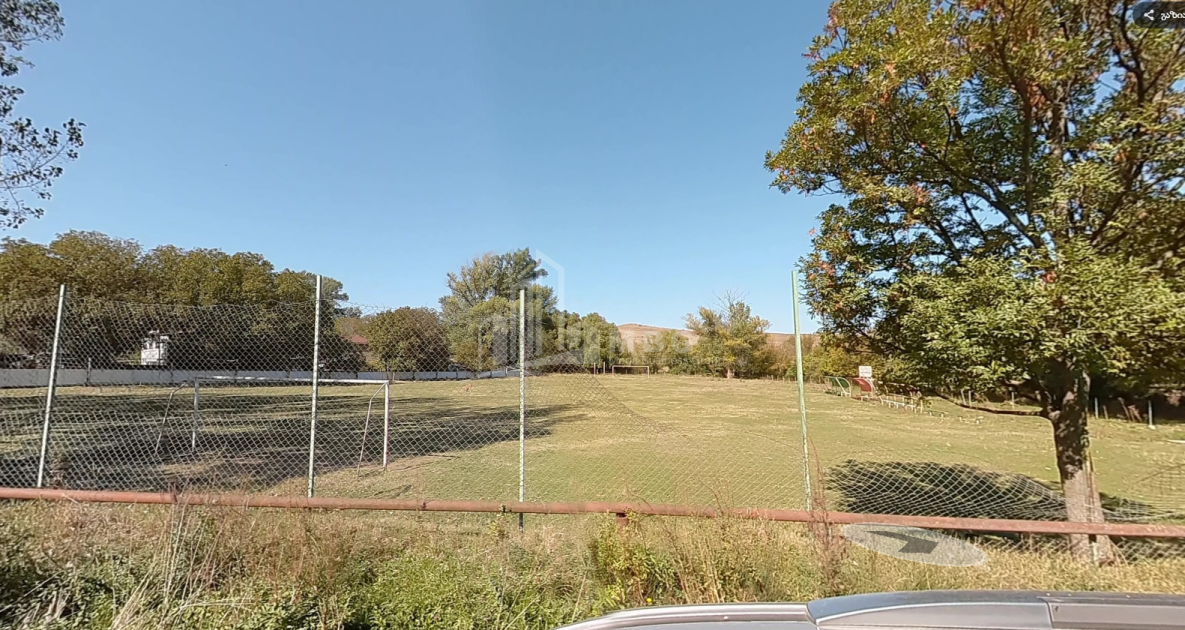
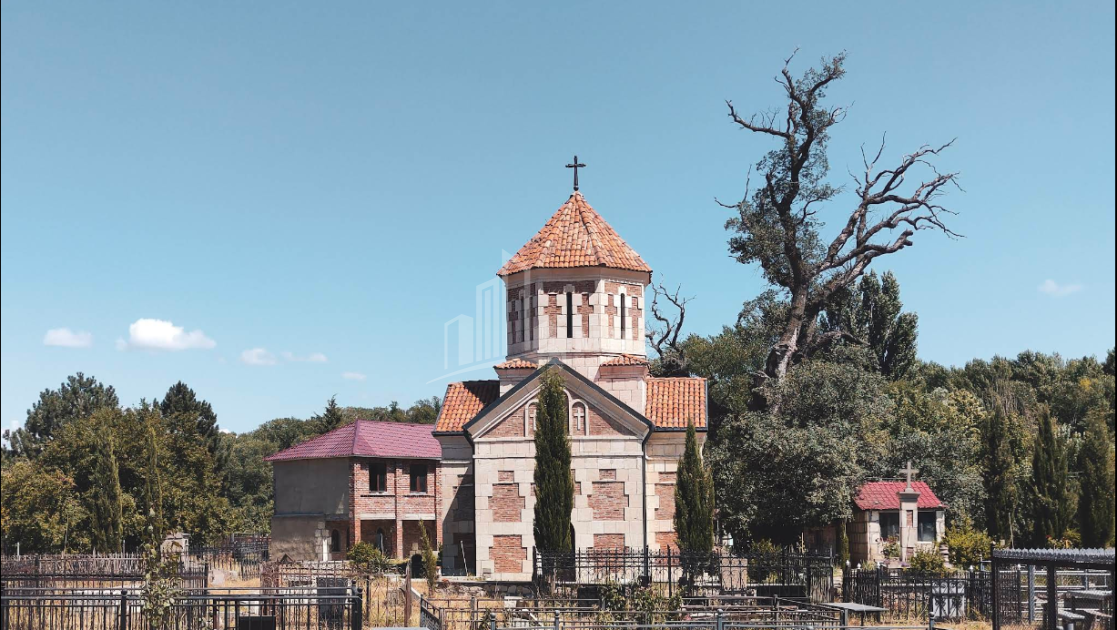
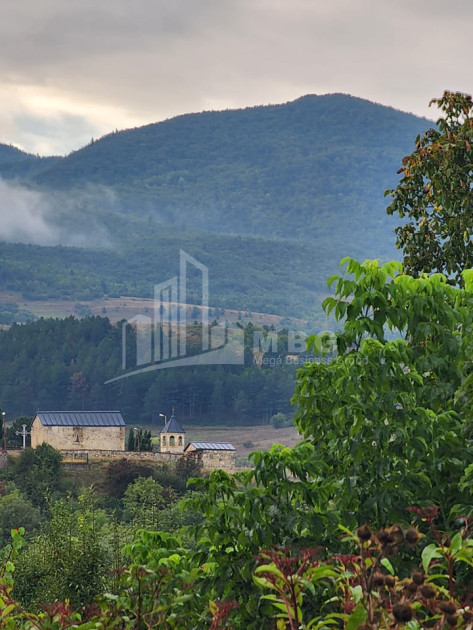
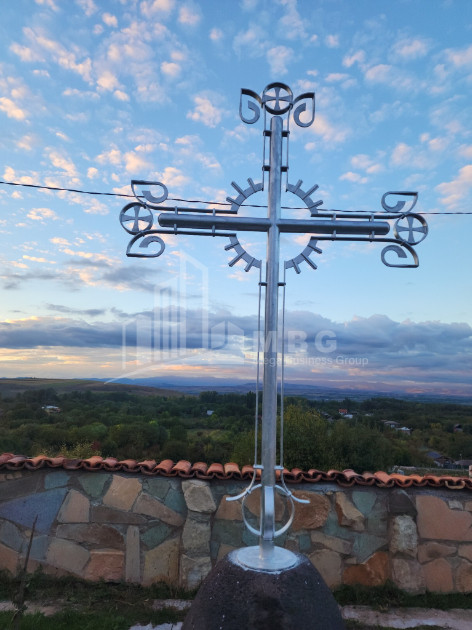
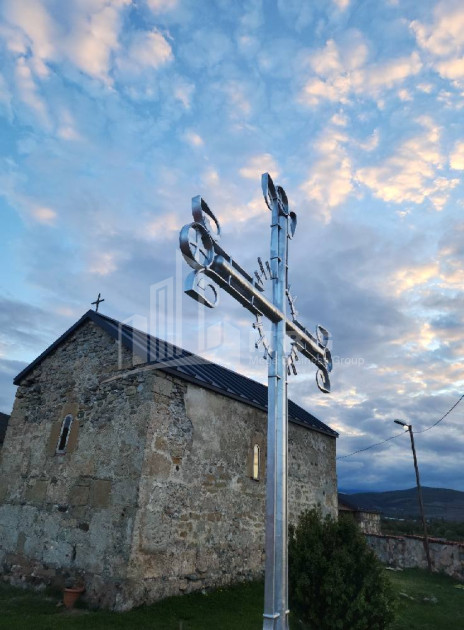
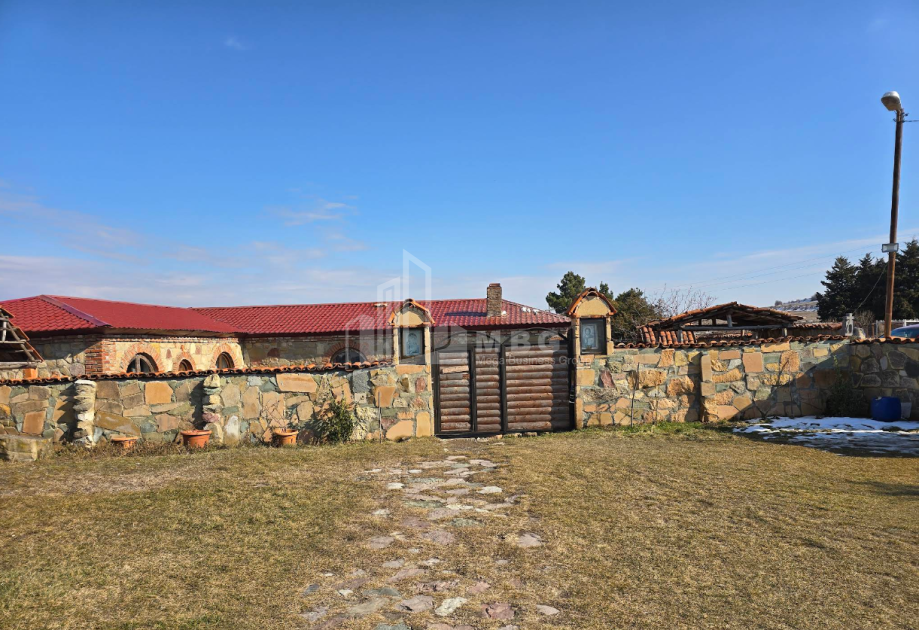
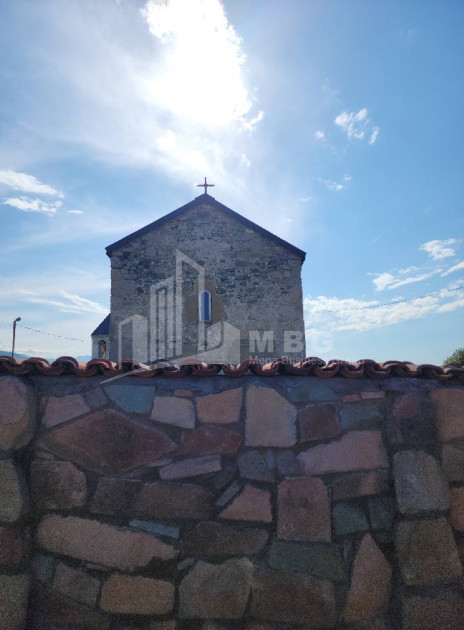
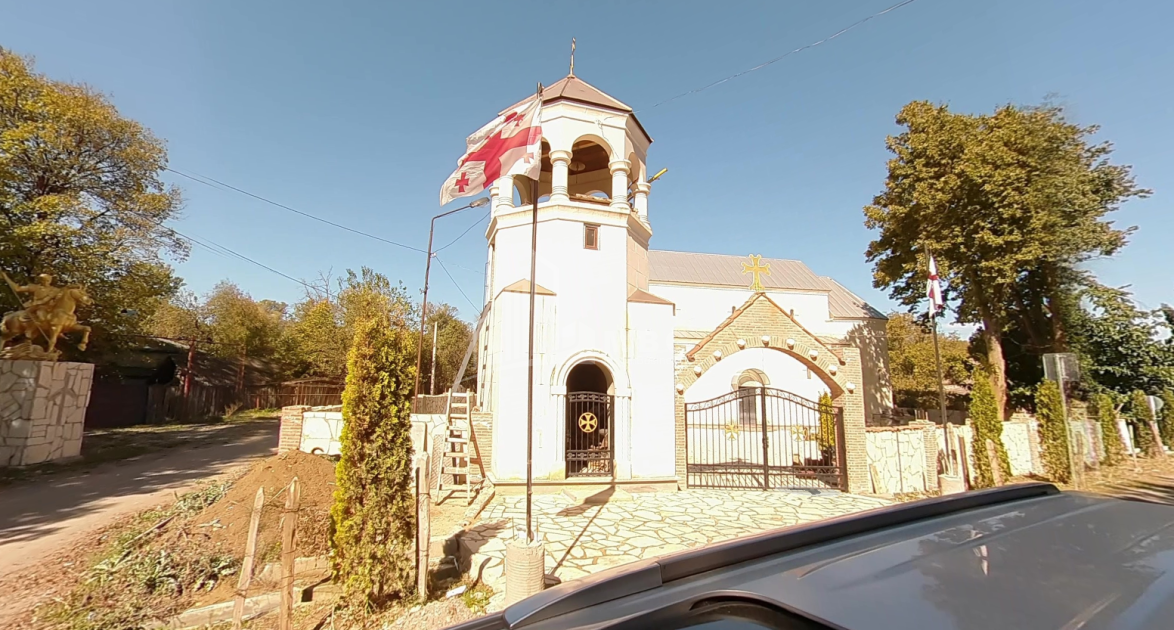
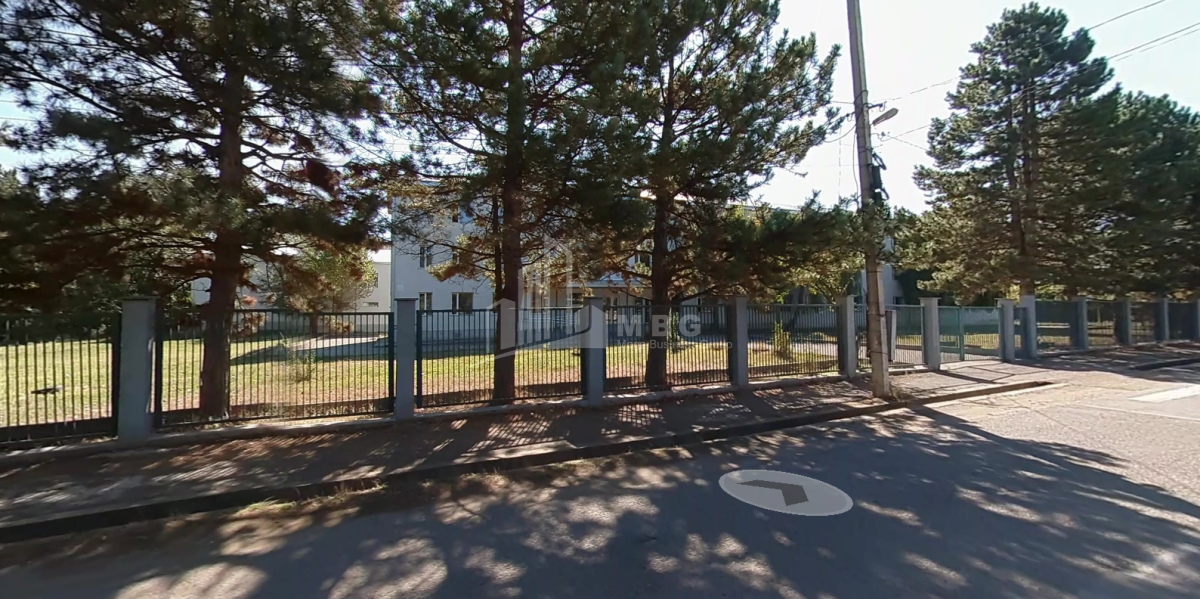
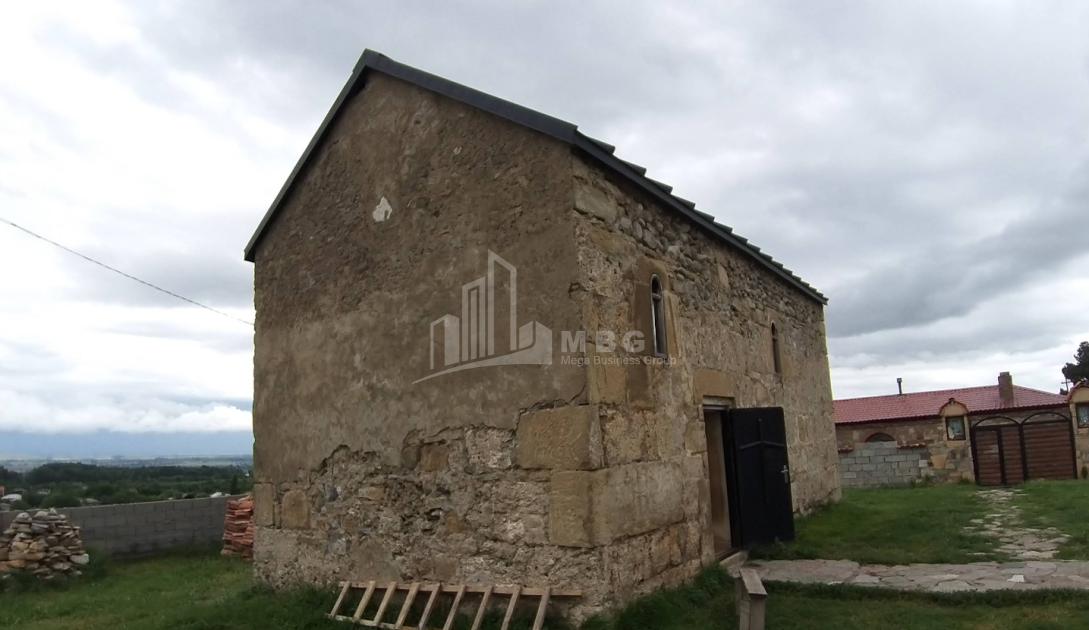
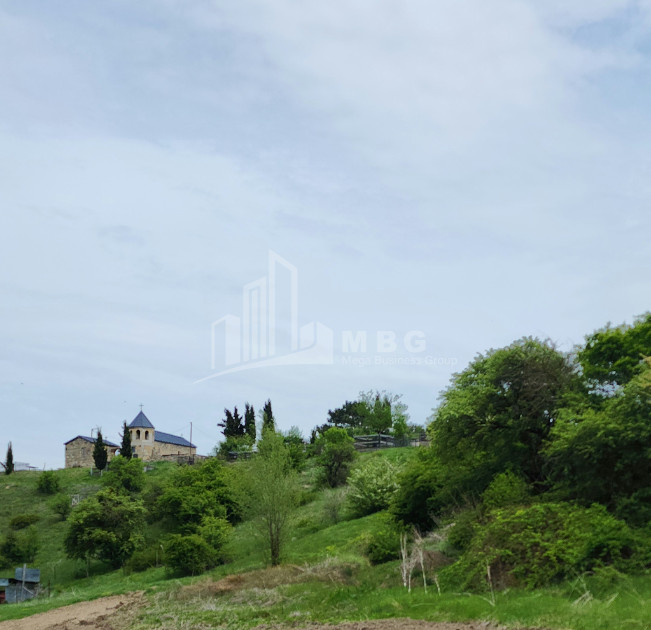
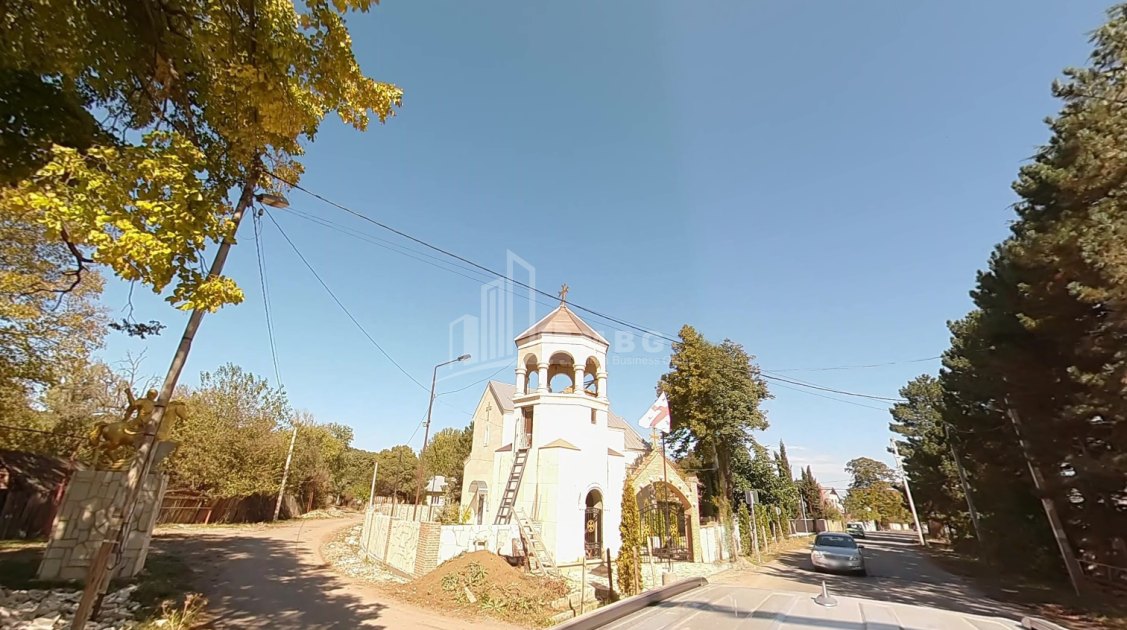
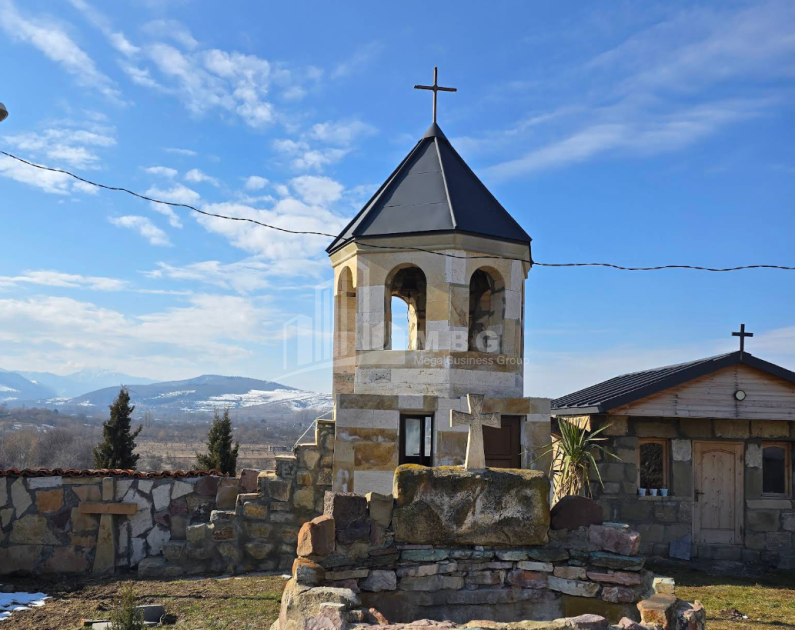
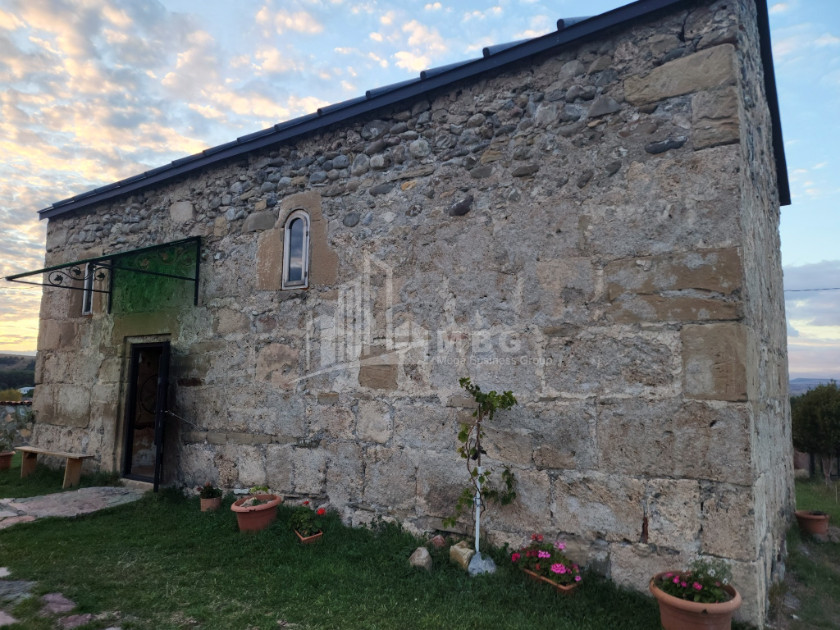
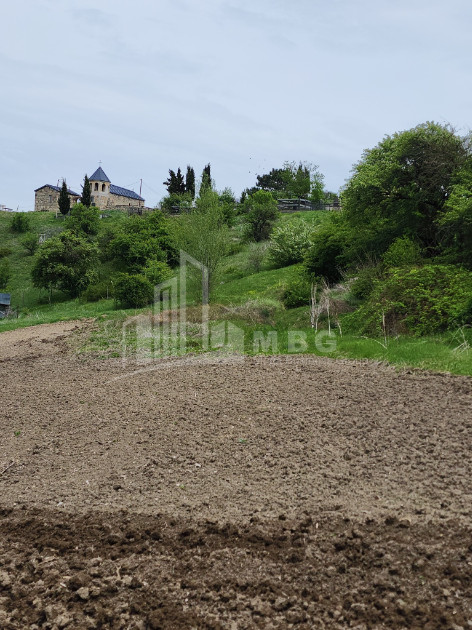























 838
838








 Village Dighomi
Village Dighomi




